What is a Functioning Alcoholic?

Do you know someone who always has a drink in hand, whether at parties, lunch, or even during work? They might joke about being a “functioning alcoholic.” You might wonder if it’s a real concern, especially if they seem to handle their responsibilities well and appear healthy. In this article, we’ll explore what a functioning alcoholic truly is and why it’s important to understand this issue.
What exactly is a functioning alcoholic?
A functioning alcoholic, also known as a high-functioning alcoholic, relies on alcohol but still performs well in their professional, personal, and social life. They may seem like they have everything together, making it hard for others to recognize their alcohol problem. They might argue that they are perfectly fine and controlling their actions.
The Fallacy of a Functioning Alcoholic
It’s essential to recognize that there’s no such thing as a functioning alcoholic. People who use this term are trying to connect two issues: alcohol dependency and performance in various aspects of life. Just because someone appears to excel at work or fulfill family responsibilities doesn’t mean they are not struggling with alcohol addiction.
Why does this distinction matter? Because it can prevent others from offering support or having meaningful conversations about the issue. To effectively treat alcohol addiction, we must understand that it’s not related to one’s ability to perform at work or handle family matters.
Moreover, success in other areas of life can hide the true extent of their addiction. Alcoholics often face inner turmoil, uncontrollable cravings, and significant health consequences that might not be apparent to those around them.
The Signs of Alcoholism
To identify alcoholism in someone you know, watch out for these signs:
- Binge drinking: Alcohol addicts often indulge excessively, consuming more than five drinks daily.
- Denial: They may deny their addiction and lie about drinking alone or habitually, sometimes hiding bottles.
- Risky behavior: Alcohol can lower inhibitions, leading to dangerous activities that may appear ordinary to them.
- Isolation: Alcoholics tend to isolate themselves from friends and family to hide their problem, which takes an emotional toll.
- Justifications: Many alcoholics, even those performing well at work, justify their consumption by blaming work pressure or peer influence.
- Blackouts: Alcoholics may experience memory loss or blackouts after drinking, forgetting how they got home or went to sleep.
- Constant referencing: Their conversations often revolve around alcohol, discussing brands, parties, or their liquor stash.
The Dangers of Self-Detoxing
If you or someone you know identifies with these signs, you might be tempted to attempt self-detox. This can be incredibly dangerous. Sudden withdrawal from alcohol can lead to seizures, vomiting, headaches, and even permanent brain damage or death.
Alcoholics must seek professional help. Medical detox under the guidance of doctors can reduce these symptoms and protect individuals from severe discomfort or harm.
There’s no such thing as a functioning alcoholic. It’s important to recognize that those who appear to manage their lives well while struggling with alcohol addiction need help just as much as anyone else. If you or someone you know is dealing with alcoholism, it’s important to seek professional assistance at a rehab center as soon as possible.
For more information or immediate confidential help, please call Cornerstone of Recovery 24/7 at 866-572-9474.






